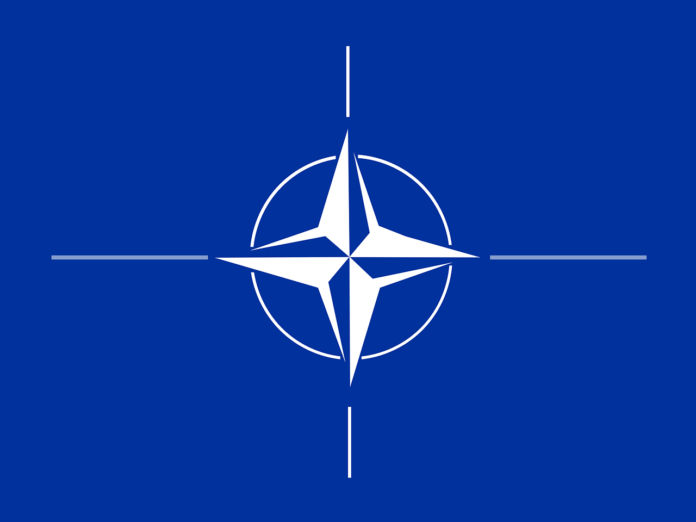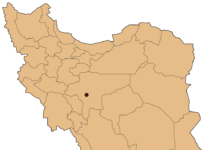The cornerstone of the North Atlantic Treaty Organization is enshrined under Article 5 of the founding instrument. It states that an attack on a member of the organization amounts to an attack on all members. Despite the gravity of this provision, NATO has only invoked it once. This was pursuant to the September 11th, 2001 terrorist attacks on the US. Article 5 and NATO were established after World War 2 in 1949. This was a response to communist movements that were seen as a serious threat to democracy across Europe.
For example, in 1948, a communist movement overthrew a democratically elected government in Czechoslovakia. While Article 5 envisions c the collective defense of the member states, the provision is silent on how each state may contribute when called upon.
There are several instances where NATO has taken collective defense measures. In 2012, for instance, NATO deployed missiles on the Syria and Turkish border. Additionally, following the annexation of Crimea by Russia in 2014, NATO took collective defense measures. In the recent past, following the escalation of ISIS, NATO has increased its collective defense measures drastically. In 2014, member states committed to channeling two percent of their Gross Domestic Product on defense. Hitherto to the meeting held in Brussels, Article 5 could only be invoked as a response to traditional military attacks on air, sea, land, and cyberspace. During the meeting, it was held that attacks from space or within space would be a great challenge to the security, prosperity, and stability of NATO. As such, in 2019, NATO declared space to be its fifth domain. The chief reason why NATO made this move is that NATO is very concerned by Russia’s and China’s aggressiveness in space.
By and large, the collective defense principle anchored under Article 5 of the Washington Treaty continues to be an enduring and unique provision that binds NATO members. The principle, inter alia, commits member states to protect each other and invokes a spirit of comradeship among the members.








